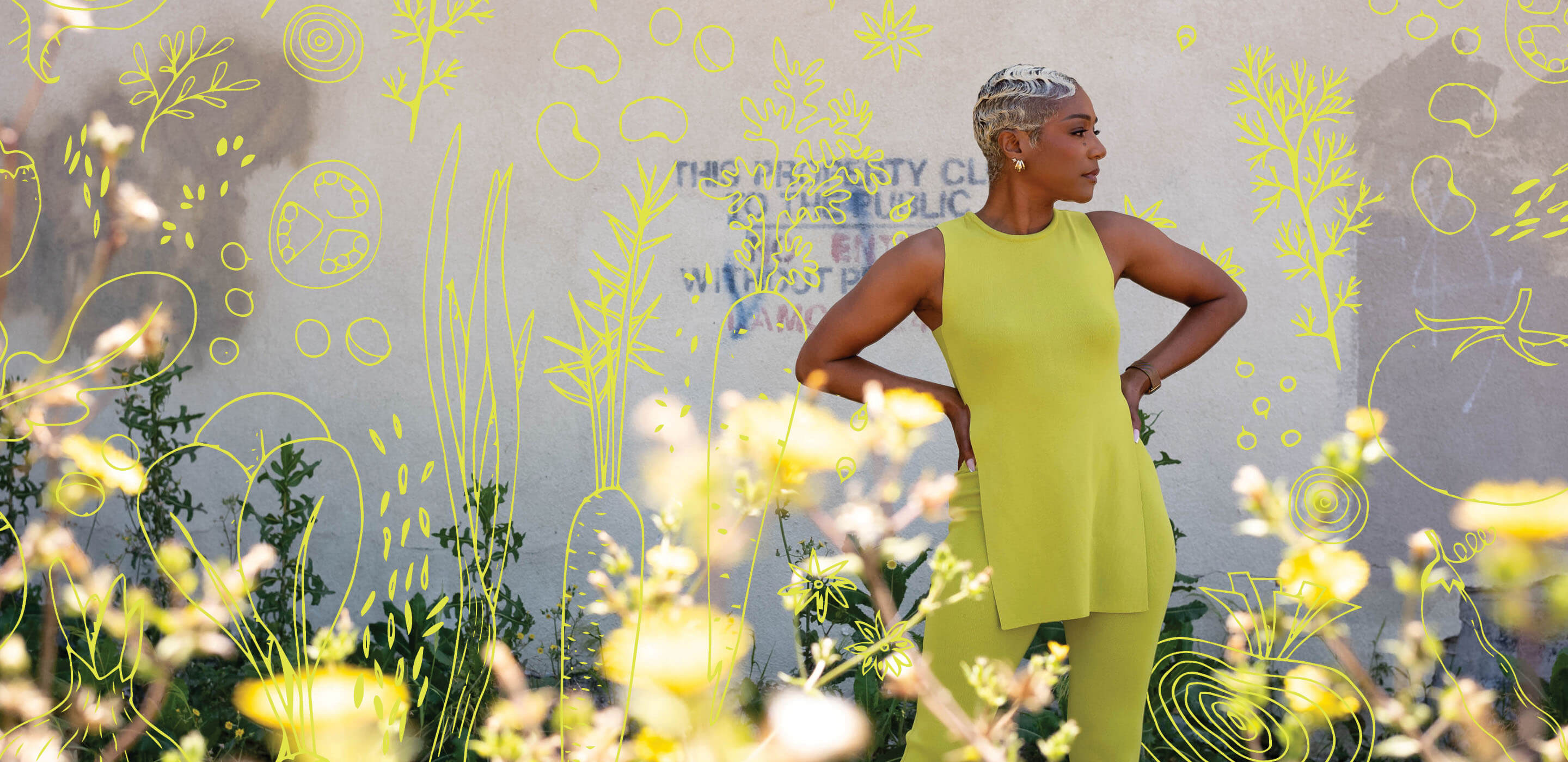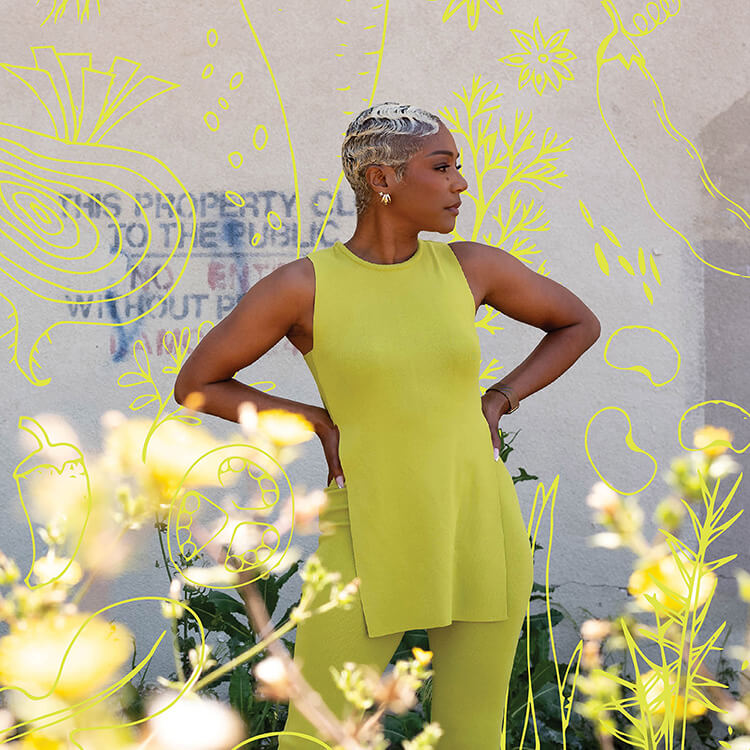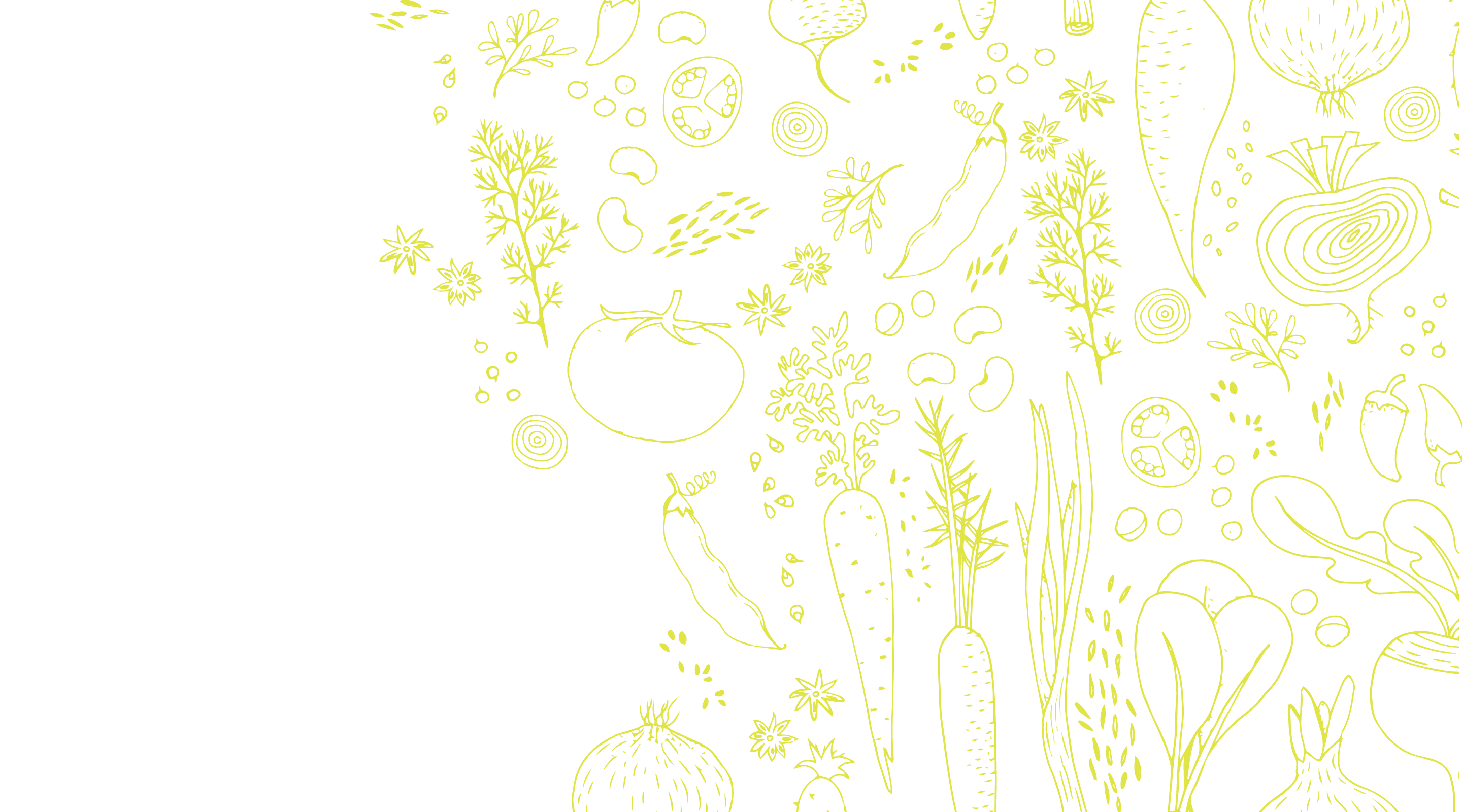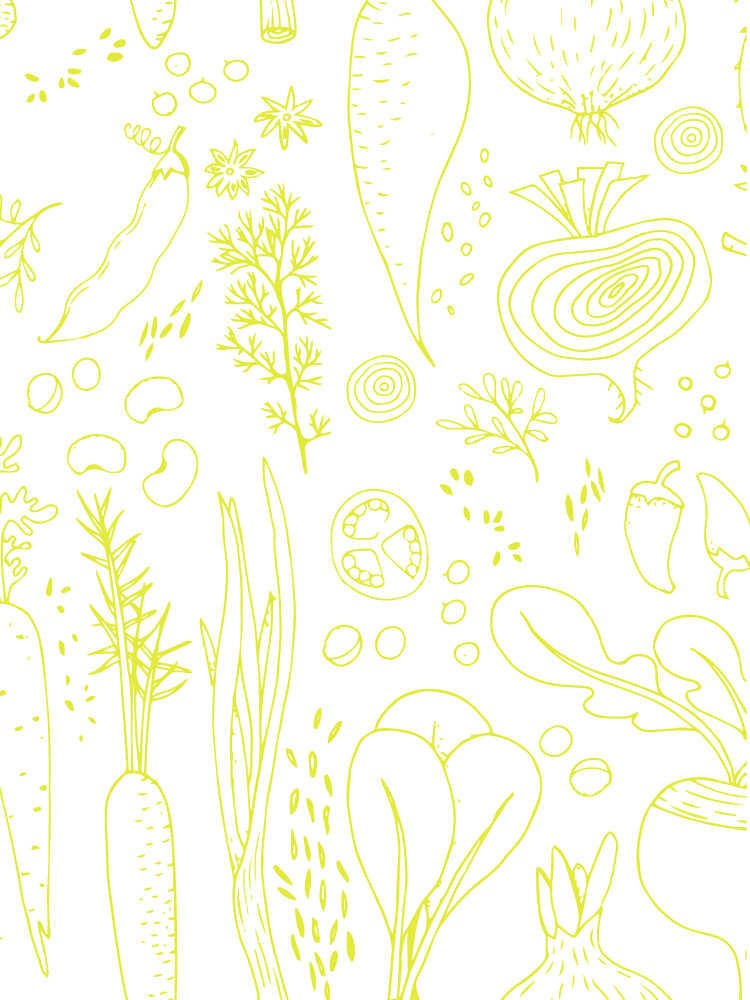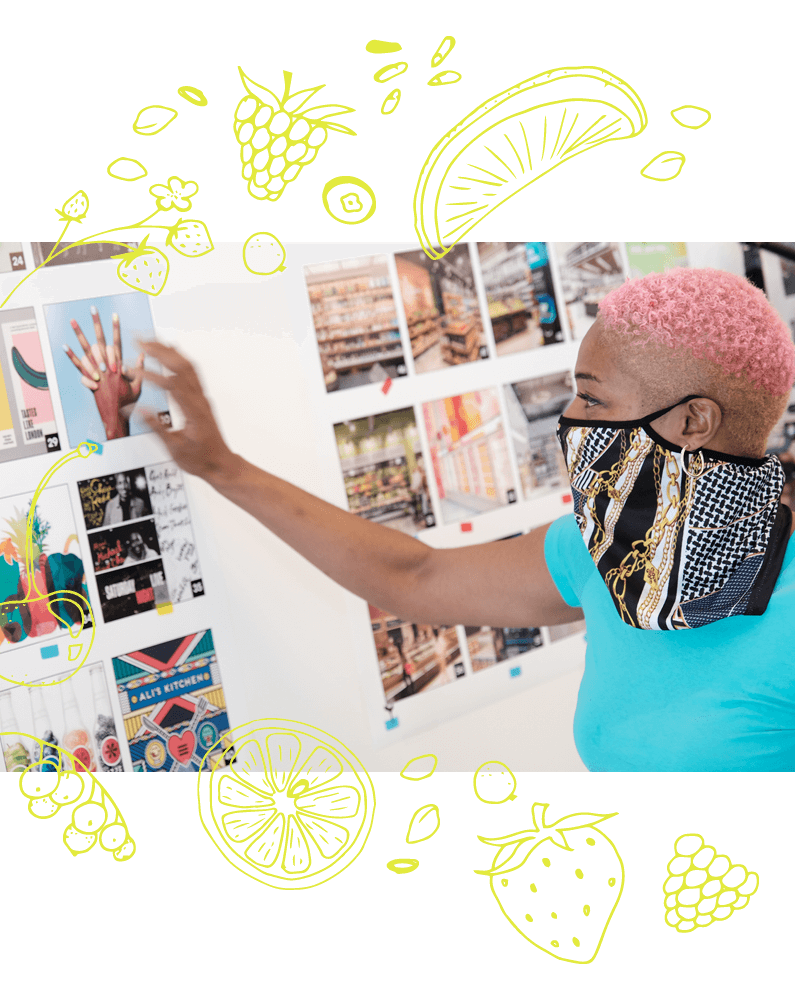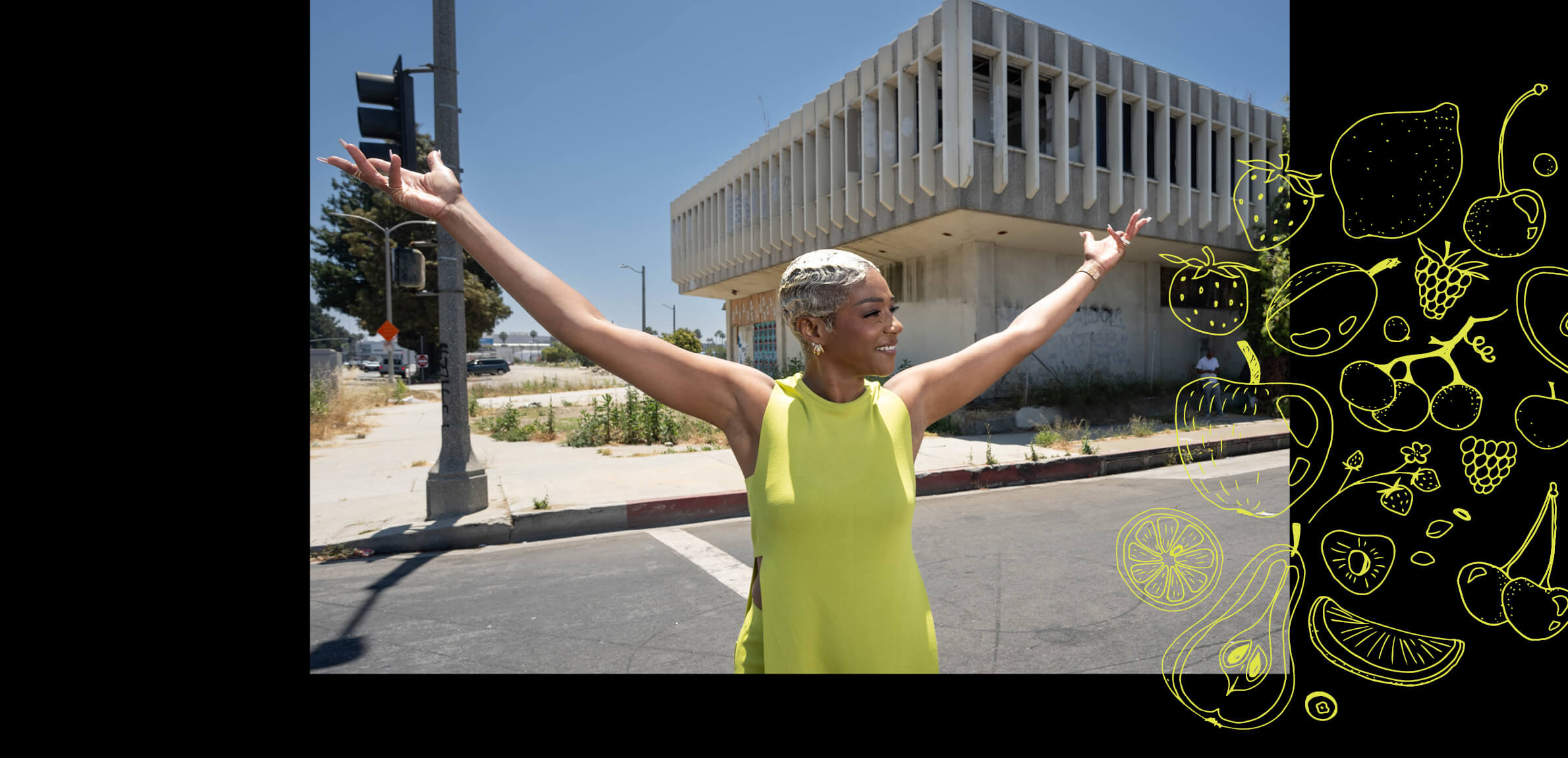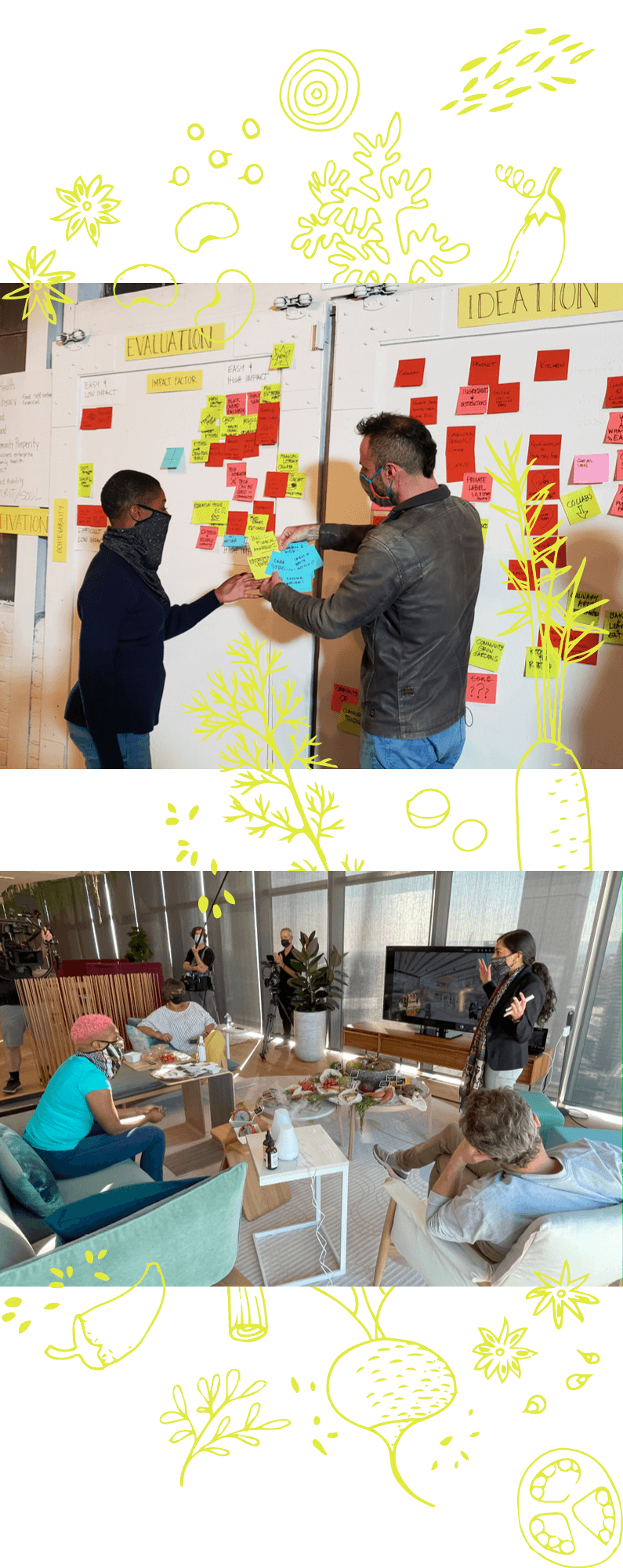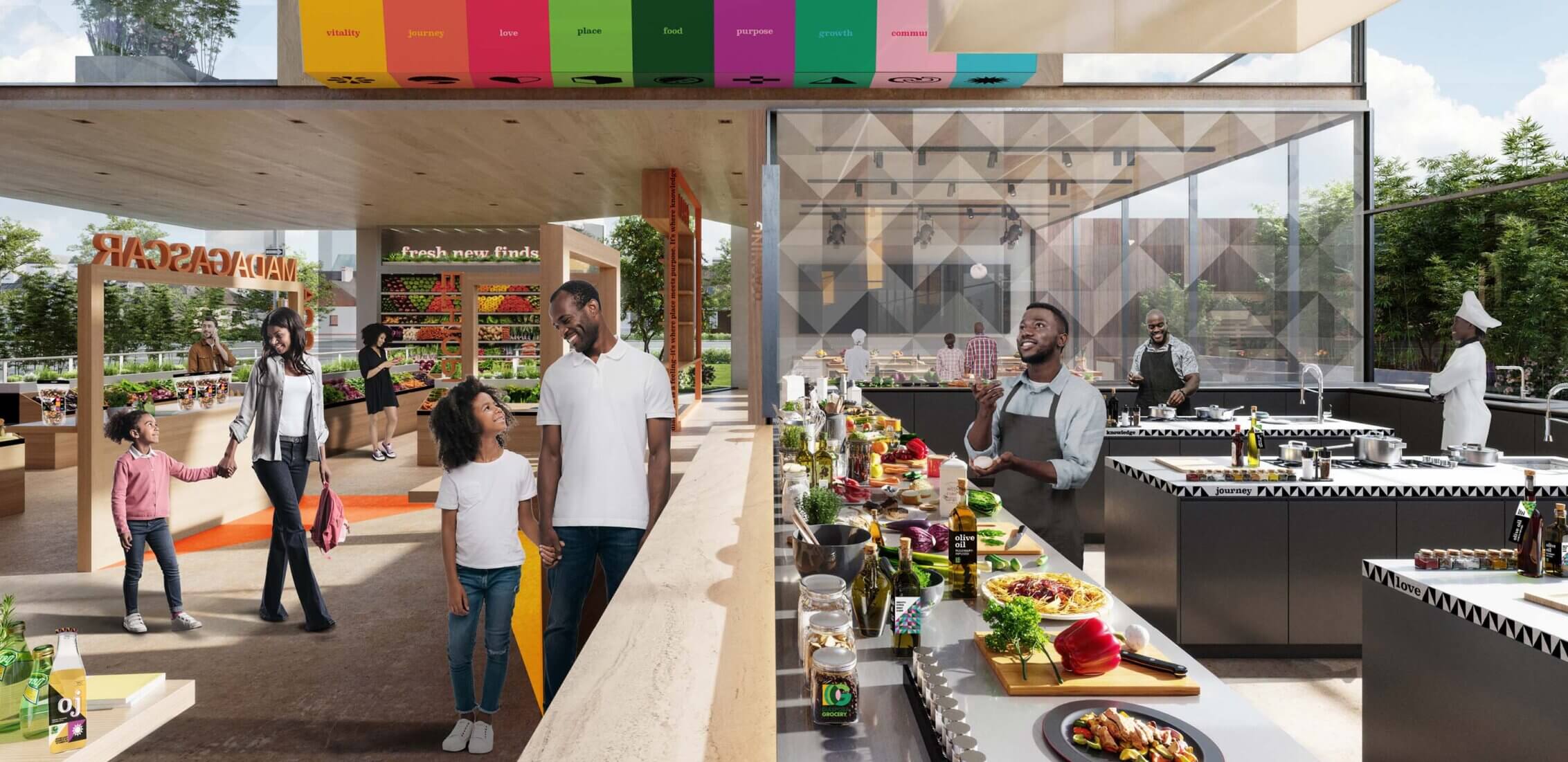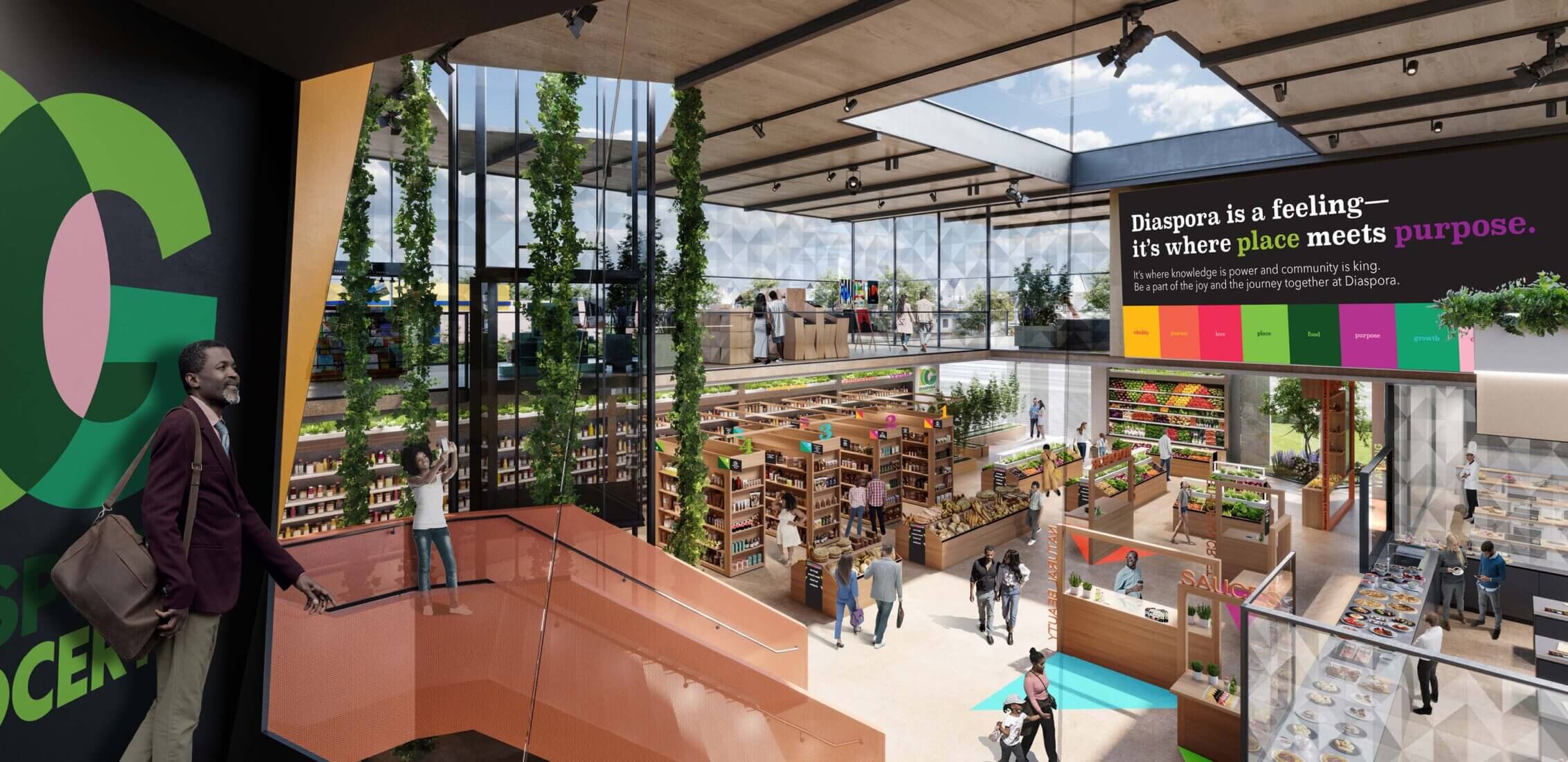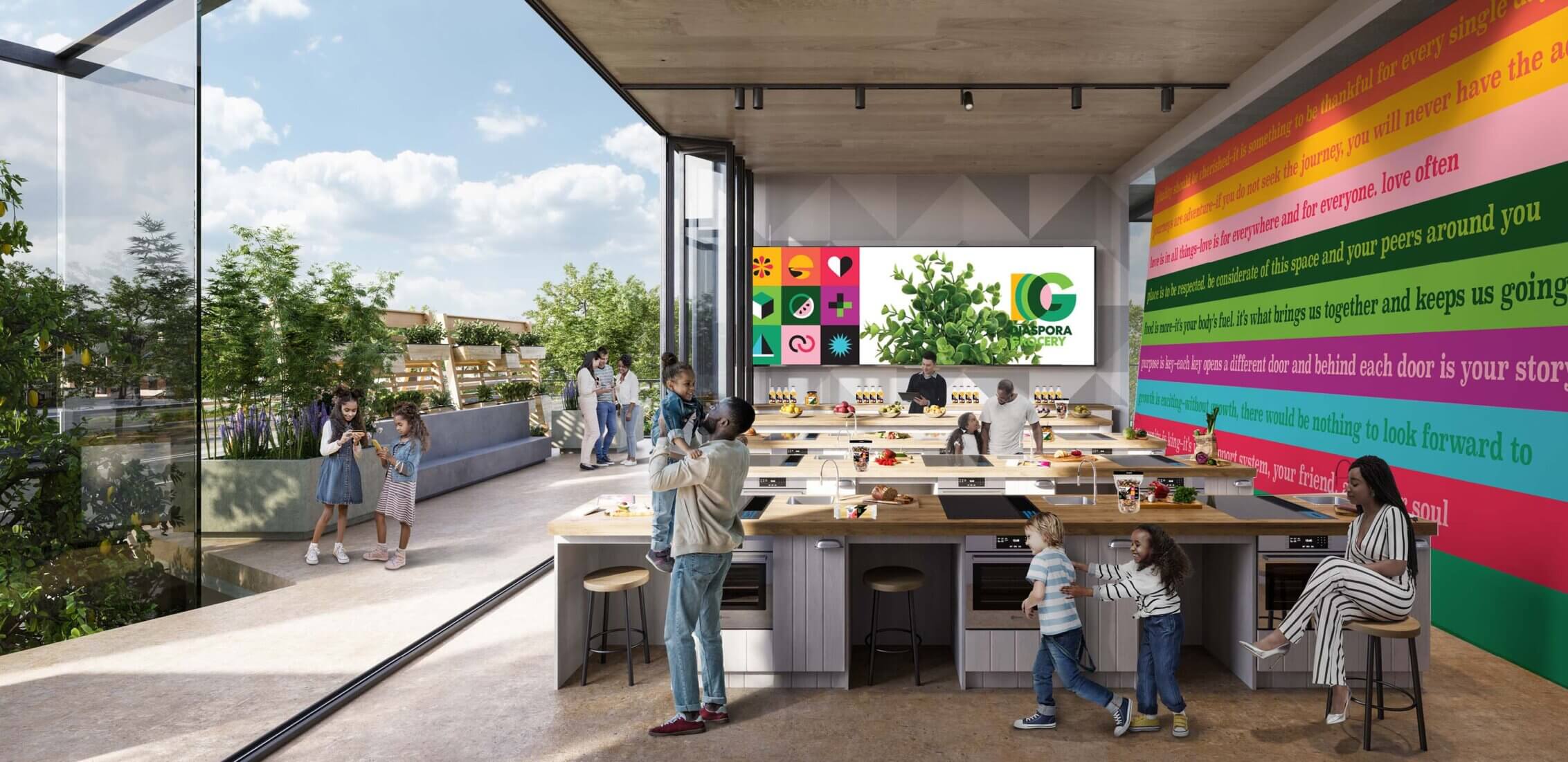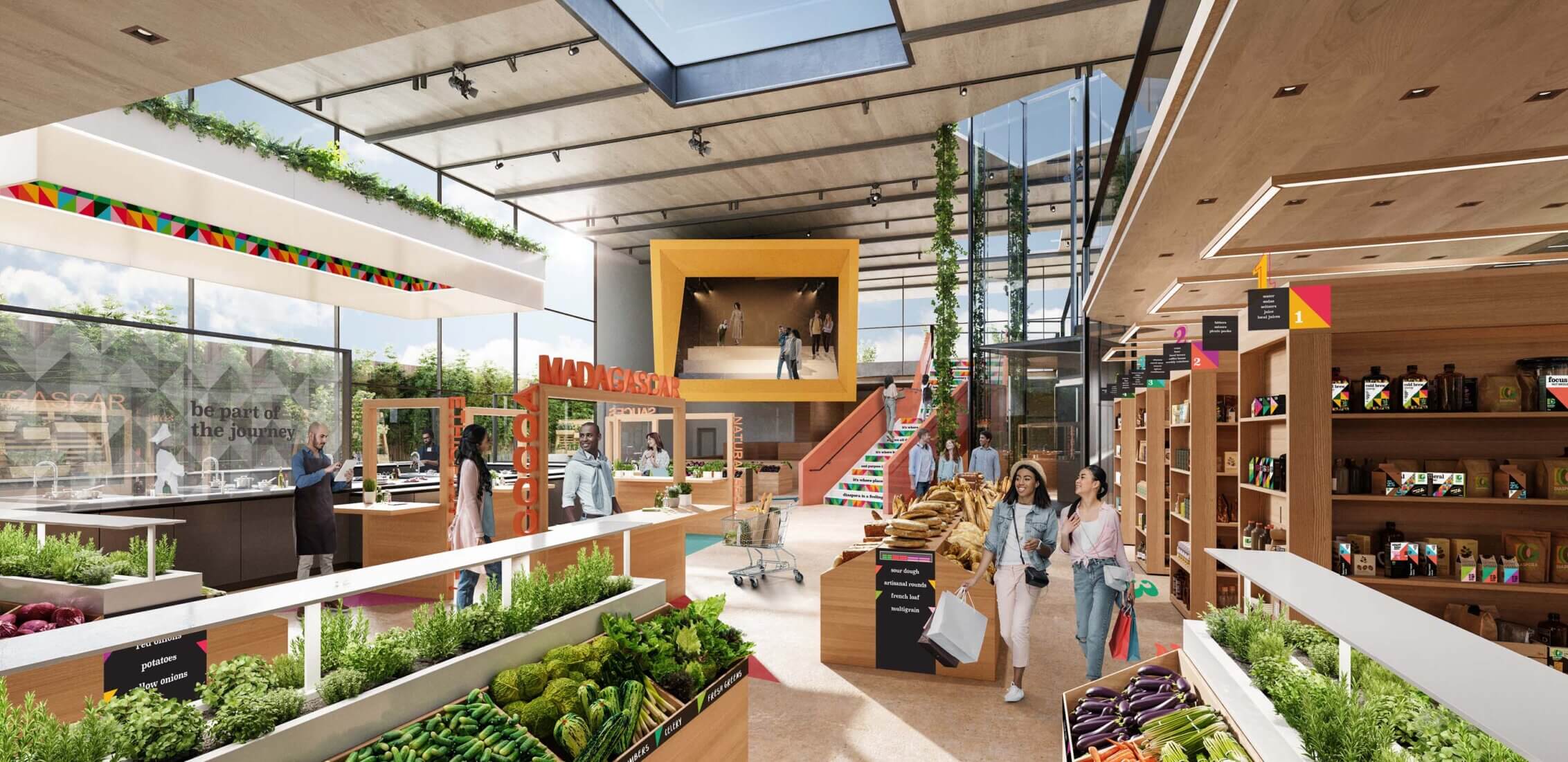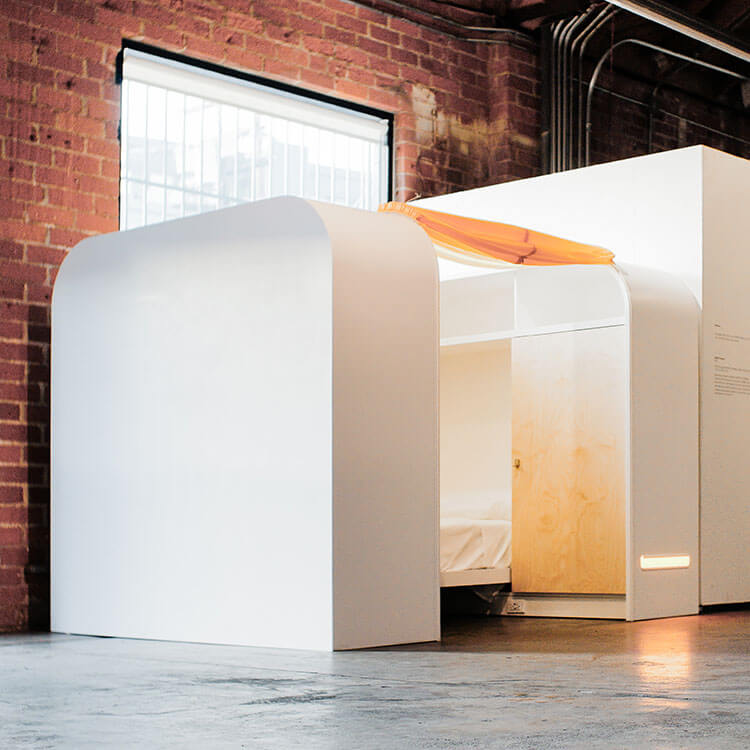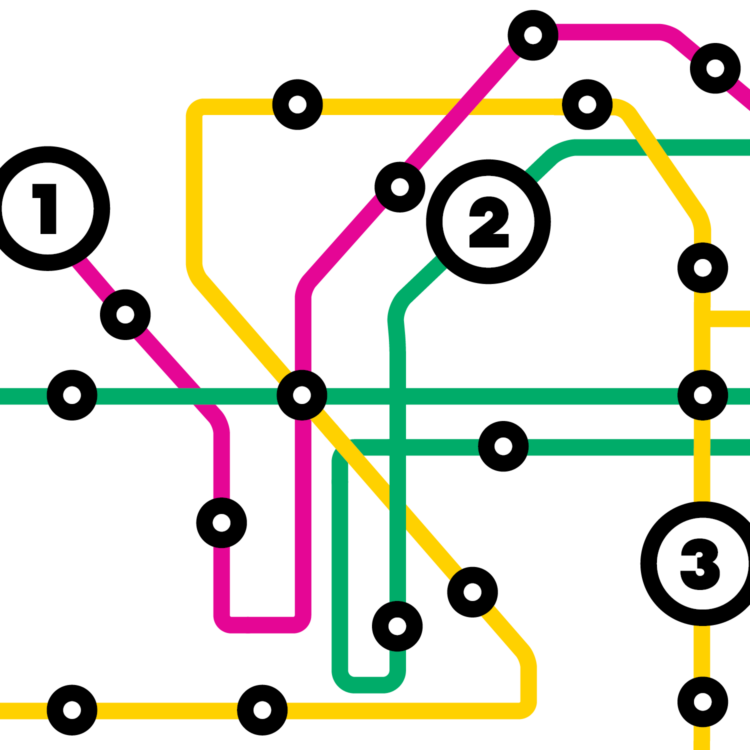“At the store, I would say to the clerks, ‘My name is Tiffany, what’s yours? Nice to meet you, can you tell me how much ground beef I need to feed six people?’” she remembers. After paying for the food, she would take it home with her in the store’s shopping cart, pushing it through the streets of South LA. “I couldn’t carry everything back by myself, so this was a fun adventure!”
At home, the adventure continued: She enlisted her siblings to play “grocery store” with her, pretending to be clerks restocking shelves; this was followed by a game of “chef,” in which each sibling chipped in to cook the family’s meal. Haddish, who had watched her mother work the kitchen before the accident, was gifted at concocting recipes. Afterward, the siblings would be “paid” for their work with Monopoly money.
All of this was happening just a few miles south of Hollywood, where Haddish spent a decade establishing herself in the comedy and TV worlds before rocketing to fame with the 2017 hit comedy Girls Trip. “It was super fun for me, but honestly, making sure my sisters and brothers were eating was part of what kept me off the streets,” she says. The award-winning comedian finds light in any situation, but the vein of struggle that coursed through her childhood is not lost on her. Systemic racism continues to plague South LA through the legacy of redlining, a government practice started in the 1930s which directed investment away from communities of color. While prohibited after the Fair Housing Act of 1968, the drain on resources can still be seen in different forms. For example, many of these neighborhoods lack access to fresh food, as grocery chains close their stores in lower-income areas for fear of losing profitability—a phenomenon known as “supermarket redlining.”
Haddish lives in South LA today, so the star has seen these changes take place in real time. The grocery stores she frequented as a child have shuttered, while fast food options have proliferated. Compare the neighborhood to the more affluent West LA, for instance: One study conducted at the University of Southern California indicated that there were 60 full-service grocery stores serving South LA’s 1.3 million residents in 2003, while West LA had 57 stores serving 651,000 people. In other words, per capita, West LA has nearly double the number of grocery stores for its population than South LA does. On top of that, only 75% of stores in South LA serve fresh produce compared with 90% in West LA. Unfortunately, little has changed since—South LA remains a food desert.
